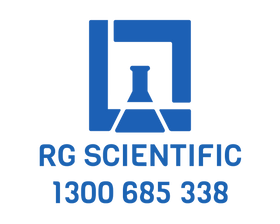Description
Reliable separations of organic and inorganic anions
PRP-X110: Anion Exchange Chromatography Column
Hamilton PRP-X110 ion chromatography columns are used to separate ions at concentrations from less than 20 ppb to 20 ppm. The PRP-X110 has similar selectivity to the PRP-X100 but provides lower limits of separation as a result of its lower exchange capacity.
PRP-X110 Overview
Hamilton PRP-X100 and PRP-X110 are highly stable, inert materials. The PRP-X100 can be used with virtually any HPLC or ion chromatograph, including dedicated IC units. Technological advancements in modern polymer chemistry now deliver a more rugged column with exceptionally higher separation efficiencies than earlier predecessors. PRP-X100 and PRP-X110 columns are well suited for use in systems employing suppressed/non-suppressed conductivity, electrochemical, UV, and ICP-MS detection. Chromatographers currently using wet chemical or colorimetric methods will find ion chromatography greatly reduces sample pretreatment and improves the accuracy and precision of results.
Anion Exchange
In anion exchange chromatography, the stationary bed has an ionically positive (+) charged surface while the sample ions are of negative (-) charge. The stronger the negative charge on the sample, the stronger it will be attracted to the positive charge on the stationary phase.
Anion Exchange Capacity
Anion exchange capacity is a measurement of the number of negative charges (anions) that the exchange resin can bind to and is reported in singly charged ion equivalents per 1 gram of resin. Exchange capacity is dependent upon the pH of the mobile phase and in anion exchange chromatography; as mobile phase acidity decreases (pH increases), the exchange capacity decreases.

